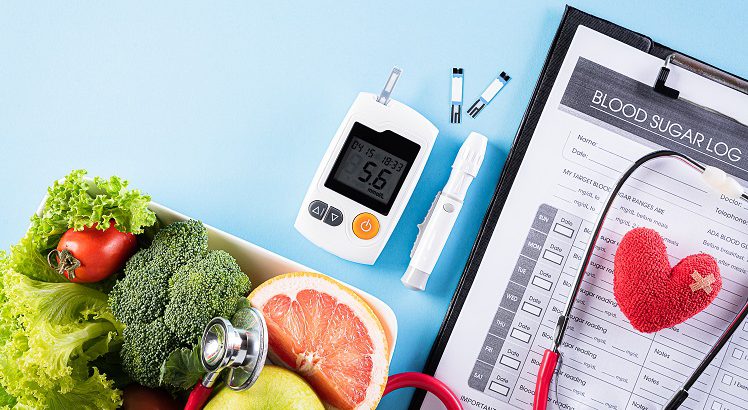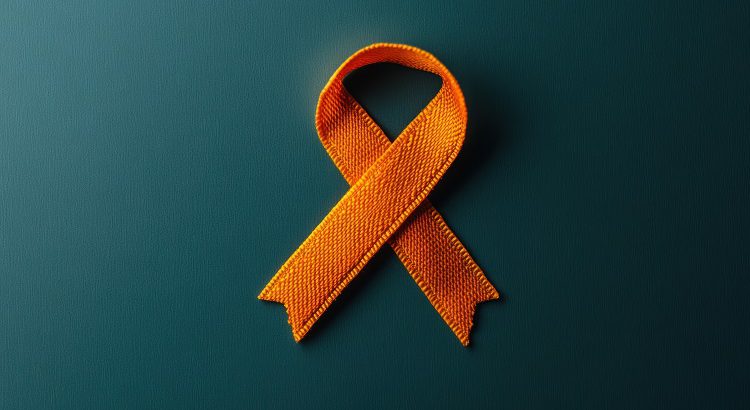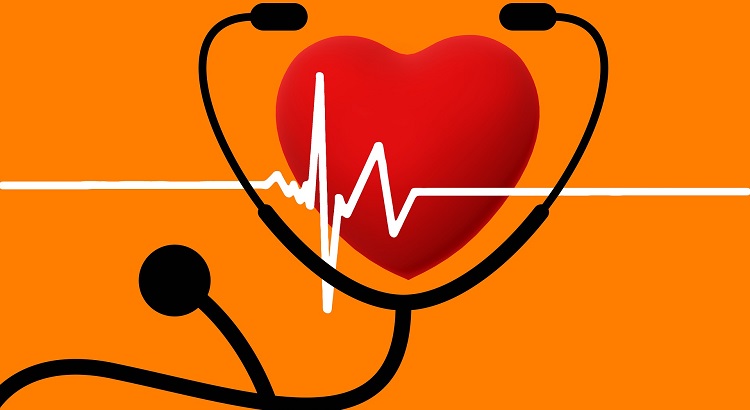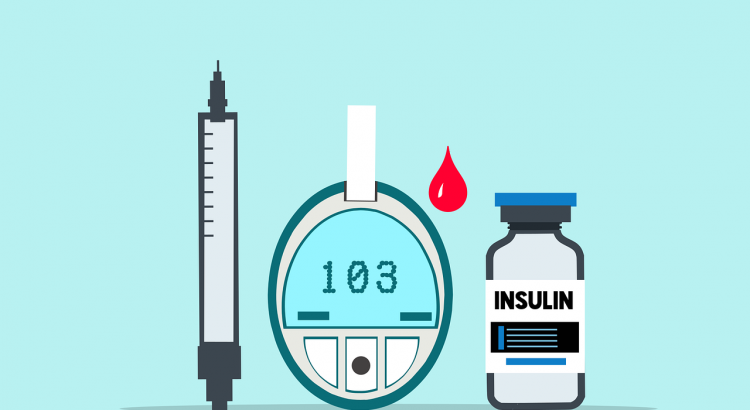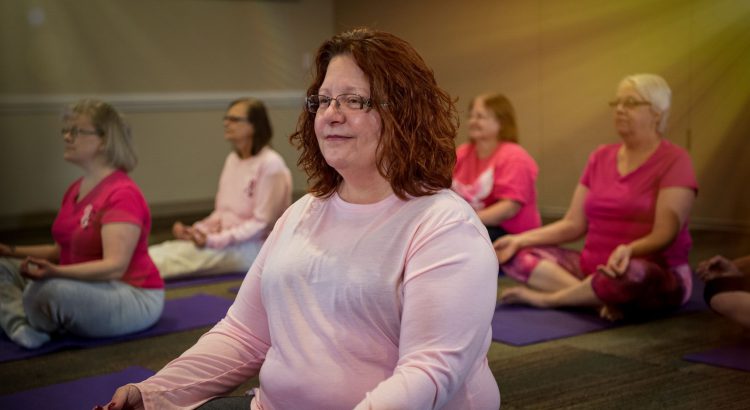Holiday indulgences, in one form or another, cause many of us to set out to control ourselves as we start the new year. We look ahead into the new year and resolve to improve our health, well-being, finances, relationships and more.
Then, we don’t do it.

